Prevention and response to snake bites outdoors: tips from experts
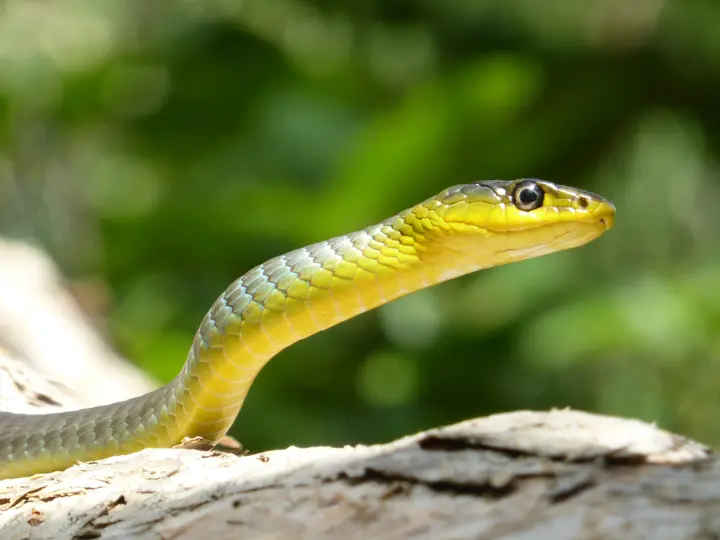
Outdoors, it is possible to experience snake bites, which can pose a serious health threat. In order to self-protect and respond effectively in such situations, individuals need to be aware of prevention and appropriate response to snake bites. So, in this article, we provide expert advice on the prevention and response to snake bites outdoors.
Show key points
- Knowing the types of snakes in the area you're visiting is an essential step for effective prevention and safe outdoor activity.
- Wearing the right clothing, such as long sleeves, long pants, and closed-toe shoes, can significantly reduce the risk of snake bites.
- Staying on paved paths and avoiding environments like tall grass, swamps, and rocky areas helps minimize chances of encountering snakes.
- ADVERTISEMENT
- If you see a snake, keep your distance, stay calm, and avoid sudden movements or loud noises that might provoke it.
- In the event of a snake bite, applying basic first aid—such as cleaning the wound and using a compression bandage—can help while awaiting professional care.
- Seeking immediate medical assistance is crucial after a snake bite, and providing accurate information about the snake can aid effective treatment.
- Overall, a combination of awareness, appropriate gear, calm behavior, and prompt medical action can ensure safety during outdoor activities in snake-prone areas.
The importance of identifying area snakes
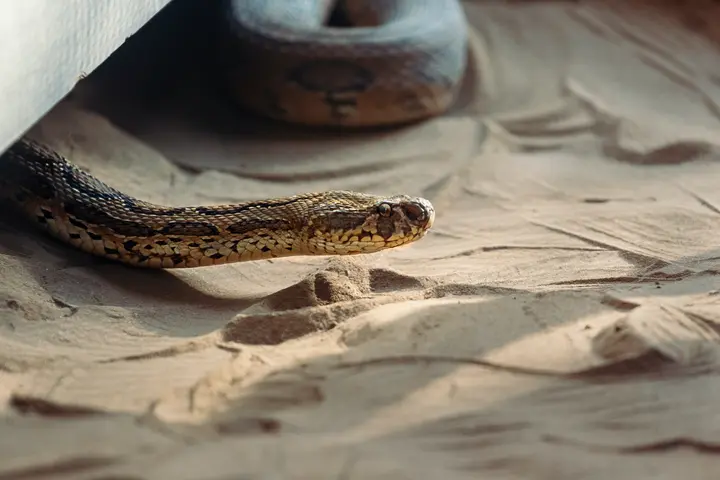
Knowing the snakes of the area you visit or pass through is one of the most important preventive steps to avoid snake bites. Understanding the potential type of snakes in the area helps you take the necessary measures for self-protection and proper handling in case you encounter one.
The types of snakes may vary from region to region, and their severity may vary. Check with reliable sources and ask local experts to find out which snakes may be present in your area.
Recommend
If you suspect that there are certain snakes in the area where you live or intend to visit, it is useful to check out photos and recipes related to these snakes so that you can recognize them when you see them. There can be characteristic signs on the snake's body such as its own colors and patterns, which can be useful in distinguishing it from other species.
Learn about the main hazards in the area such as dense grassy places, wet places, rocks, or agricultural areas. These habitats may be preferred for certain species of snakes, so avoiding suspicious areas may reduce the chances of being bitten by a snake.
Keep in mind that prevention is the essential step to keeping you safe. If you are unsure what kind of snakes are in the area, avoid risks and follow general precautionary measures such as staying away from tall grass, using appropriate footwear, and keeping calm at all times.
Do not forget that identifying area snakes can be very effective to prevent snake bites and keep you safe and the safety of others who may accompany you on your outdoor travels.
Wear appropriate clothing to prevent bites
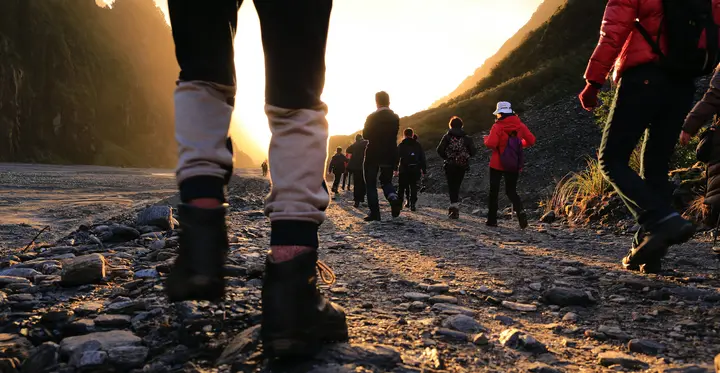
When preparing to go outdoors, protection from snake bites should always be in our minds. One of the most important steps to take to prevent bites is to choose the right clothes. The dress you wear can be a temporary barrier between you and these amazing and potentially dangerous creatures. Here are some important tips for wearing proper clothing to prevent bites:
1. Dress in light colors: It is preferable to wear light-colored clothes because snakes tend to avoid bright colors that make them more vulnerable to detection.
2. Be sure to wear long sleeves and long pants: Your clothes should completely cover the skin to prevent snakes from reaching your body. Be sure to wear a long-sleeved shirt and long pants that reach to the ankle.
3. Use appropriate hats and shoes: Wear a sunscreen hat with a wide brim to protect your face and neck from possible bites. Wear closed shoes that are suitable to prevent snakes from entering your feet.
4. Avoid wearing tight clothing: It is preferable to wear loose clothing that allows free movement of your body. Tight clothing can become a source of stress for the body and snake capture.
5. Check clothes before putting them on: Before wearing any clothes, be sure to check them and make sure that there are no small snakes or other insects.
6. Use leg guards: If the area has a very high risk of snakes, you can use walking leg protectors to reduce the risk of bites.
By choosing the right clothes to prevent snake bites, you can enjoy the outdoors with confidence and safety. Remember that prevention is key to keeping you safe and healthy.
Avoid potential sites for snake presence
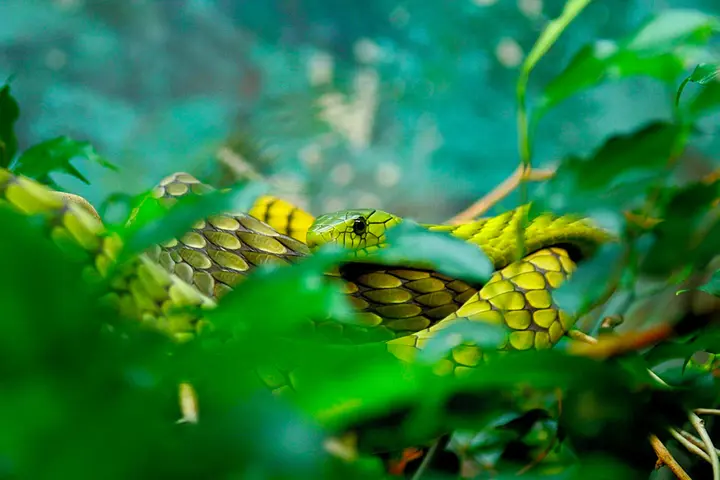
When in nature, you should be aware of the locations where snakes prefer to hide or rest. Avoiding these sensitive sites is a crucial step to reduce the likelihood of snake bites. Here are some tips that can help you avoid potential locations for the presence of these winding reptiles.
1. Stay on paved paths: In forests and wilderness areas, there may be paved paths that crossing them is safer and less likely to hit snakes.
2. Avoid wet sites and swamps: Snakes prefer a humid environment, so staying away from those areas can reduce the chance of encountering them.
3. Stay away from sand dunes and rocks: Snakes may hide in sand dunes or under rocks, so these areas should be avoided as much as possible.
4. Avoid dense trees and shrubs: Snakes may be present in dense trees and shrubs, so it is recommended to stay away from them and stay away from climbing on unfamiliar trees.
5. Caution in abandoned sites and old buildings: Snakes may be found in abandoned sites and old buildings, so caution must be taken when exploring such areas.
6. Avoid crocodiles and ponds: Snakes may gather near crocodiles and ponds, so it is recommended to stay away from them and not to approach them.
Avoiding potential locations for snakes can be the difference between a safe flight and being endangered. So, use these simple tips and be careful while exploring nature.
Stay away from snakes and stay calm
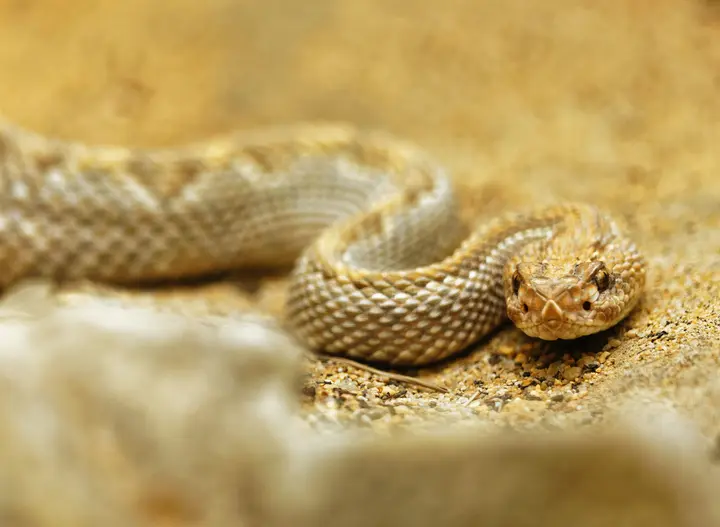
Snakes are one of the deadly creatures that individuals should take care of when outdoors. If you are bitten by a snake, acting right and calm can be the difference between life and death. Therefore, it is very important to stay away from snakes and keep calm in such different situations. Here are some crucial steps to stay safe when you're facing snakes:
1. Do not approach snakes: When you see a snake, you should move away from it at a safe and quiet distance without approaching or attacking it. Slowly adjust your route and move away from the place away from snakes.
2. Do not make loud noises: You should avoid making loud sounds or screaming when you see snakes. A loud sound may provoke unwanted reactions in snakes, and can make them feel threatened and attacked.
3. Do not use moving objects suddenly: You should avoid using moving objects suddenly in the vicinity of snakes. Snakes can feel threatened when objects are used in an emergency, which can lead to their defense or attack.
4. Stay calm and avoid panic: In case you get bitten by a snake, it is essential to stay calm and avoid panic. Calm helps prevent the spread of poison in the body and makes you able to act correctly and quickly.
5. Do not try to kill the snake: If the snake is in your surroundings, you should avoid trying to kill it or deal with it in any way. Handling snakes can increase the chance of you getting bitten and aggravate the situation.
6. Call emergency medical services: In case of a snake bite, it is necessary to contact emergency medical services immediately. The injured person should be taken to the nearest medical center for immediate treatment.
First aid for snake bites
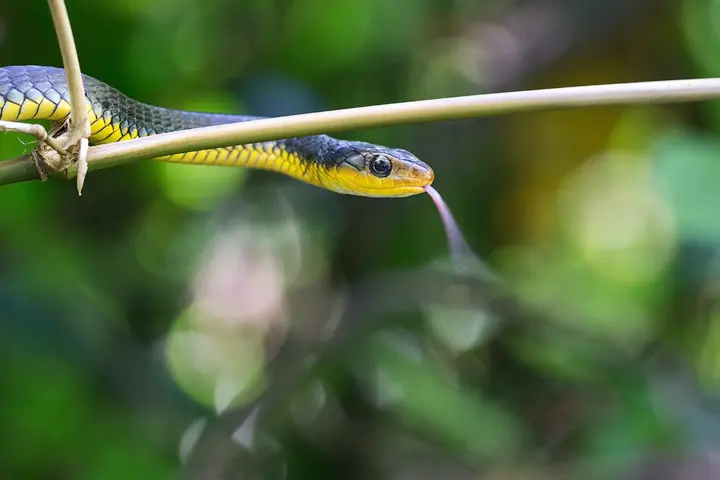
When a person is bitten by a snake, a quick and effective response is vital to reduce side effects and keep them safe. If you possess basic knowledge about first aid for snake bites, an individual can act quickly and confidently in an emergency.
First of all, you should stay calm and avoid panic in case a bite occurs. Panic may lead to an increased flow of poison in the body and worsen symptoms. Instead, follow these steps to provide the necessary first aid:
1. Install the affected person in a stable and comfortable position. Keep it comfortable and avoid any unnecessary movement.
2. Immediately contact emergency medical services or transfer the injured person to the nearest medical facility.
3. Check the bite. Try to determine the type of snake if possible, and remember the shape, size and color. This information can be helpful to your medical care team.
4. Clean the bite area with soap and water using a clean cloth. Avoid using alcohol, iodine or other chemicals.
5. Use a compression bandage to isolate the bite area. Apply the bandage tightly but without exceeding the limit of narrowing, which may cut off circulation.
6. Evaluate the affected person regularly. Pay attention to any change in his condition and try to record symptoms and functional changes such as difficulty breathing, persistent pain, or irregular pulse.
People should remember that first aid for snake bites is only temporary measures until competent medical care arrives. Therefore, serious cases need to take the infected person to the hospital as soon as possible. Also, remember that you should not take any medications or apply any treatments without medical advice.
Seeking urgent medical help
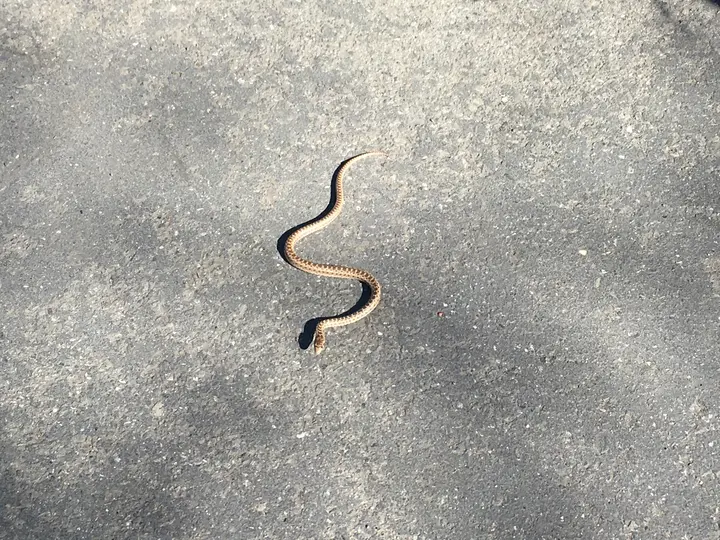
Getting urgent medical help after a snake bite is vital to maintaining safety and overall health. When you get a bite, you should seek medical help immediately to assess the injury and provide the necessary care. Here are some important tips on seeking urgent medical help:
1. Emergency Call: Call your local emergency service as soon as the bite occurs. This service will direct you to the appropriate and specialized medical centers in such cases.
2. Clarify the situation: When talking to ambulance personnel, clarify the situation and give them comprehensive information about the bite you suffered and any symptoms you may be experiencing. This will help them prepare the right first aid method.
3. Adhere to instructions: Listen carefully to the instructions given by the ambulance personnel. They may ask you to avoid moving or applying a specific bandage to the bite area, and you must adhere to those instructions to keep your condition better.
4. Not expecting to go alone: Do not try to go alone to medical centers after the incident. You may have low blood sugar or experience other serious side effects that require constant medical monitoring.
5. Keep snake information: If you can, try keeping a photo of the snake that caused the bite. Doctors can use this information to determine the type of poison and determine the appropriate treatment.
6. Do not take medications yourself: Avoid taking any medications without consulting a specialist. Some drugs may interact with the poison and adversely affect your general condition.
In the end, you should remember that getting urgent medical help quickly is the essential step to avoid complications and ensure a speedy recovery. Seek medical help immediately after the bite and avoid delays that can be dangerous.
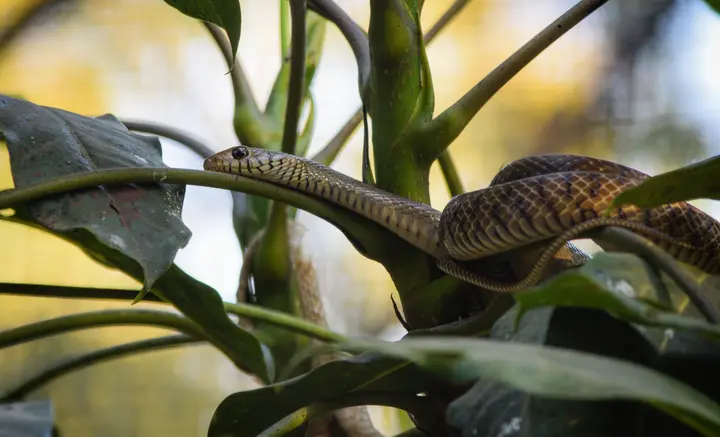
After reading this article, we hope you have benefited from expert advice on preventing and responding to snake bites outdoors. You should now be fully aware of the measures to be taken to avoid bites and deal with them properly. Always remember that prevention and rapid response are key to avoiding any risks for outdoor snakes. Enjoy your time in nature and be careful at the same time!